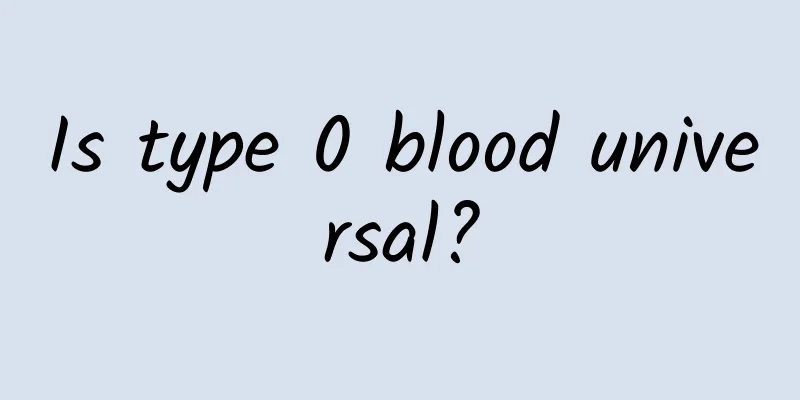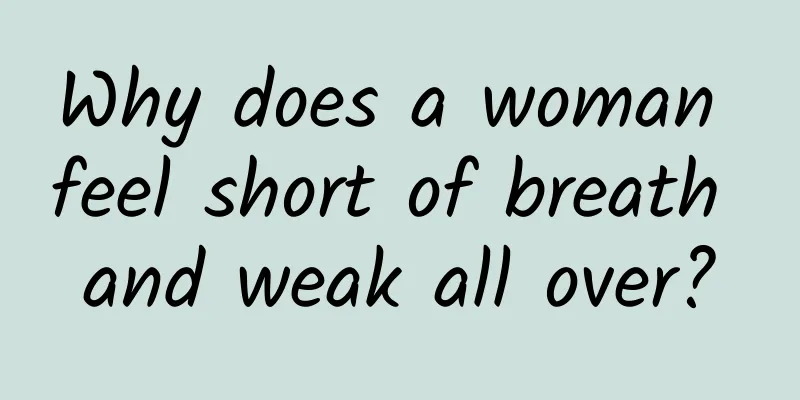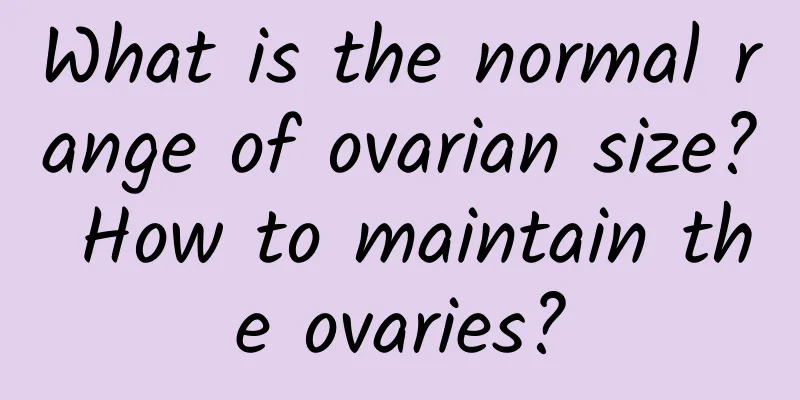Is type 0 blood universal?

|
In the past, people had the impression that O-type blood was universal because it could be used for blood transfusion therapy with other blood types. However, in recent years, it has been discovered that O-type blood is not universal. In fact, blood transfusions with O-type blood may even lead to more serious health problems. Therefore, when performing blood transfusions, we must avoid this situation. Let's learn more about this aspect below. Typing of red blood cells 1. ABO blood type system: It is one of the main characteristics of human blood. According to the differences in red blood cell surface antigens and serum antibodies, it is mainly divided into A, B, O and AB blood types. 2.Rh blood type system: It is the most complex of the red blood cell types. At present, more than 40 kinds of red blood cell surface antigens have been found in the Rh blood type system, among which the five antigens D, E, C, c, and e are closely related to clinical practice. The most important antigen clinically is the D antigen. Those with D antigen on the surface of red blood cells have Rh-positive blood type, and those without D antigen have Rh-negative blood type. What is a cross-match test? As we all know, in principle, blood transfusions can only be performed between people with the same blood type, otherwise transfusion reactions are likely to occur. But in fact, even for blood transfusions between people with the same blood type, a cross-matching test is required first. This test is an important basis for determining whether blood transfusion is possible. It involves mixing the donor's red blood cells and serum with the recipient's serum and red blood cells to observe whether there is an antigen-antibody reaction (agglutination reaction). The test includes two sides: the primary side and the secondary side. The primary side refers to the test using the donor's red blood cells and the recipient's serum, and the secondary side refers to the test using the donor's serum and the recipient's red blood cells. Blood transfusion can only be performed if there is no agglutination reaction on both sides. Is “universal blood” really omnipotent? What we usually call universal blood refers to O type blood, that is, people with O type blood can donate blood to people with A, B, or AB blood types. But is O-type blood really universal blood? no! Since O-type red blood cells do not have any antigens on their surface, no agglutination reaction will occur when O-type red blood cells are used for the primary side blood matching test, which means that it is safe to only transfuse O-type red blood cells into the recipient. However, O-type blood plasma contains anti-A and anti-B antibodies. Therefore, when O-type blood plasma is used for the secondary blood matching test, that is, when the recipient (except O-type blood) is transfused with blood products containing O-type plasma, an antigen-antibody reaction will inevitably occur, causing a serious immune hemolytic reaction. So it seems that O-type blood is not the universal blood as we traditionally believe. The outdated idea that O-type blood is universal blood should be completely abandoned. |
<<: How long does it take to wake up from a coma due to brain stem hemorrhage?
>>: Is sesame oil effective for hemorrhoids?
Recommend
What causes snake skin sores?
Herpes zoster is a folk name for shingles, the ma...
What to do if kidney function declines?
When kidney function declines, most patients may ...
How to correct crooked legs
If your legs are not straight and look ugly, and ...
What are the benefits of soaking sea buckthorn root in wine?
Seabuckthorn can be said to be a treasure. Whethe...
The glans penis is too sensitive after circumcision
Male friends should not underestimate the symptom...
At what age should children undergo pit and fissure sealing?
The treatment effect of pit and fissure sealing i...
How long does it take to heal after tooth extraction?
As our bodies develop, our teeth also go through ...
What causes dizziness?
Dizziness is a disease related to functional brai...
Should babies take acetaminophen for colds?
Children's acetaminophen is a commonly used m...
How to eat red ginseng slices
Red ginseng is a relatively common medicinal mate...
What to do if pregnant women have dry and cracked feet
Pregnant women belong to a special group, so they ...
Bacteria under the microscope
We all know that there are a lot of bacteria arou...
Traditional Chinese medicine prescription for treating headaches
In our daily life, we often have symptoms of head...
Strong taste! Who says foreigners don’t eat animal organs!
Who says that only Chinese people eat offal? Ther...
Life expectancy after heart stent surgery, postoperative attention is critical
Heart stent surgery is an advanced medical techno...









